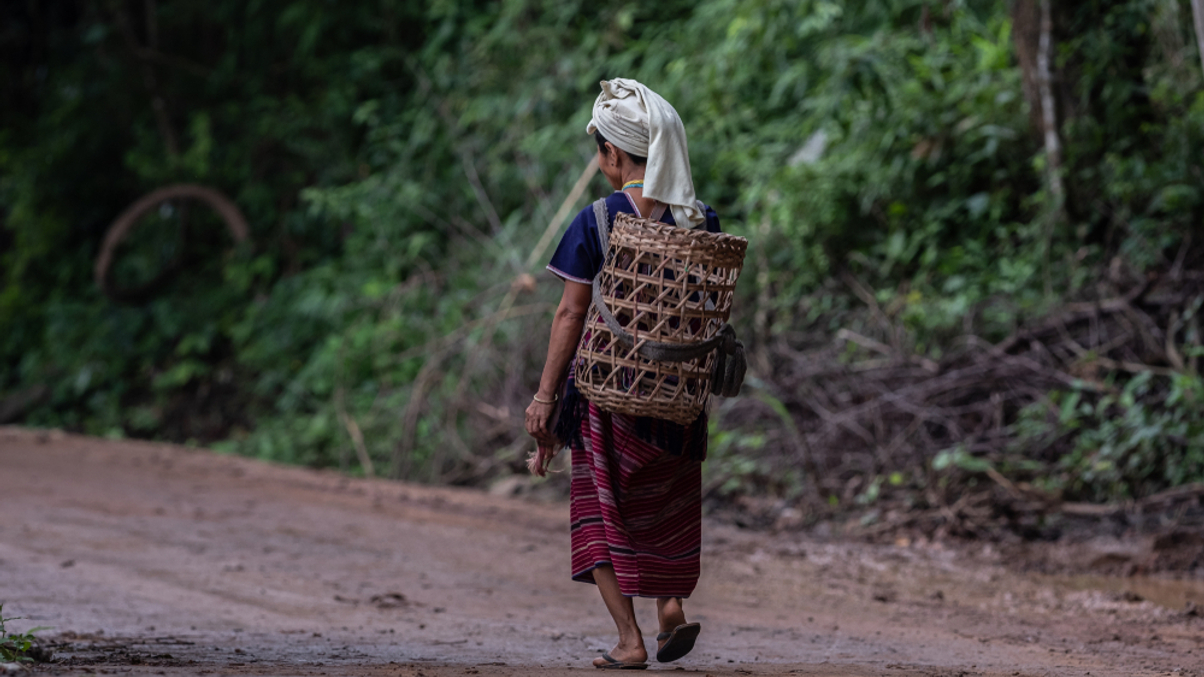World’s biggest development fund urges partnerships for frontier market investments
Institutional investors are urged to work together on deals in the least developed nations to maximise social and environmental impact.

The world’s largest sovereign development fund urged closer cooperation among development funds, governments, banks and other investors to maximise the social and environmental benefit of their allocations to the world’s least developed markets, said its chief operating officer.
Sign in to read on!
Registered users get 2 free articles in 30 days.
Subscribers have full unlimited access to AsianInvestor
Not signed up? New users get 2 free articles per month, plus a 7-day unlimited free trial.
¬ Haymarket Media Limited. All rights reserved.


